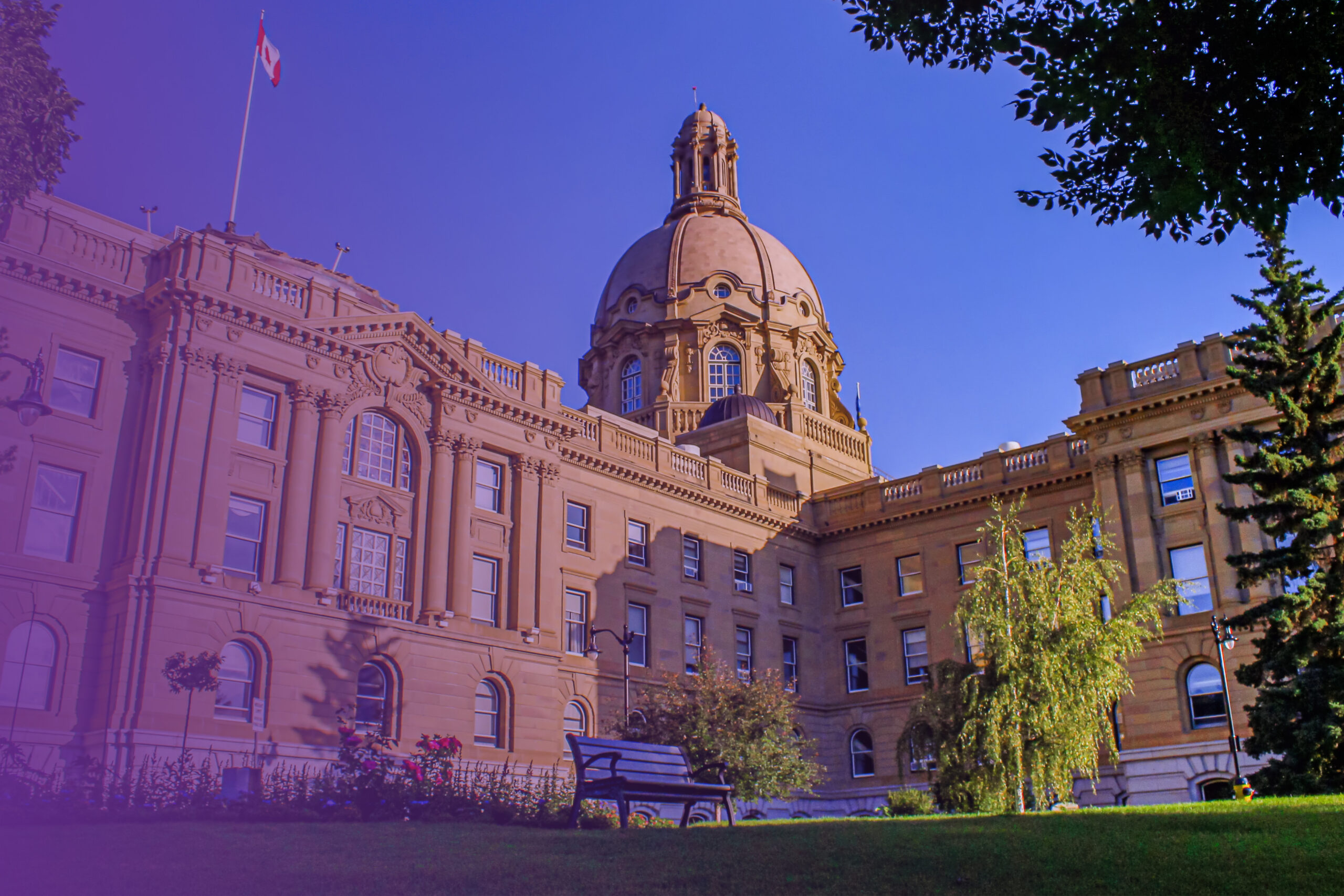Highlights from Crestview Strategy’s weekly Canada-wide newsletter:
Alberta
Trans Mountain pipeline on track to start May 1
The Trans Mountain oil pipeline expansion in British Columbia is nearing completion, with a start date of May 1 after overcoming delays caused by technical issues in the Fraser Valley section. The project, which nearly triples the capacity of the existing 1,150-kilometer pipeline from Edmonton to Burnaby, has faced years of delays and cost overruns due to construction and regulatory hurdles. The Canadian government purchased the pipeline from Kinder Morgan Inc. in 2018 to prevent its cancellation and facilitate access to new markets for Canadian oil via the Pacific Ocean. The expansion’s first cargo, a 550,000-barrel shipment from Suncor Energy Inc. to China’s Sinochem Group, is expected to load in May or June.
Atlantic Canada
Premiers call for meeting on carbon pricing
Atlantic Premiers have written to the Prime Minister requesting a first ministers’ meeting to discuss carbon pricing, with Premier Andrew Furey advocating for larger strategic federal investments, similar to the U.S. Inflation Reduction Act, to incentivize change. In his letter, Premier Tim Houston noted he looks forward to “working collaboratively [with] colleagues from across the country to eliminate the carbon tax in an effort to make life more affordable for all Canadians.” In a similar vein, Premier Blaine Higgs noted, “Canadians want an end to the inflationary spiral being fed by [the federal] government’s climate policies” and proposed developing alternatives.
British Columbia
Update: B.C. targets ‘profiteers’ with legislation to bring in 20% flipping tax
The British Columbia government is set to introduce a home-flipping tax aimed at curbing speculation and the rapid increase in housing costs. Finance Minister Katrine Conroy and Housing Minister Ravi Kahlon will provide details of the tax, which is part of Budget 2024, in a news conference. Starting January 1, 2025, homes sold within a year of purchase will be taxed at 20% of the profit, with the rate decreasing to zero after two years. The tax is expected to raise $43 million in its first full fiscal year, but there are concerns it could lead to a loss of $20 million in property transfer taxes as sellers delay transactions.
Ontario
Ontario is introducing a new regulation under the Building Ontario Business Initiatives Act (BOBIA)
The new regulation will legally mandate that Ontario’s public sector prioritize Ontario businesses when procuring goods and services. This regulation applies to procurements below $121,200 for goods and services in the Broader Public Sector. Additionally, for the Ontario Public Service, thresholds are set at $30,300 for goods and $121,200 for services.
Ottawa
Federal Liberals announce billions to build Canada’s AI capacity
The Liberal government plans to allocate $2.4 billion in the upcoming budget to enhance artificial intelligence capabilities, with $2 billion directed toward a fund aimed at providing computing resources and technical infrastructure. This will provide support to both public and private sector entities engaged in AI-driven research and innovation. Prime Minister Justin Trudeau announced this initiative in Montreal as part of the pre-budget tour. The remaining details of the budget, including a comprehensive housing plan, will be released before budget day.
Toronto
Toronto Mayor to introduce motion to improve Vacant Home Tax process as over 60,000 dispute bill
Mayor Olivia Chow will introduce a series of actions at the upcoming city council meeting to enhance the Vacant Home Tax process, following a surge of complaints at Toronto City Hall. Despite their properties being occupied, numerous residents received bills, prompting over 62,000 complaints on the city’s website since the portal opened on Tuesday. Responding swiftly, the city has reversed all charges and plans to bolster support measures. These include doubling staff numbers, extending in-person assistance at City Hall and Civic Centres until April 12, and expediting mailings to inform affected property owners that they are not required to pay if their property was occupied for more than six months in 2023.



